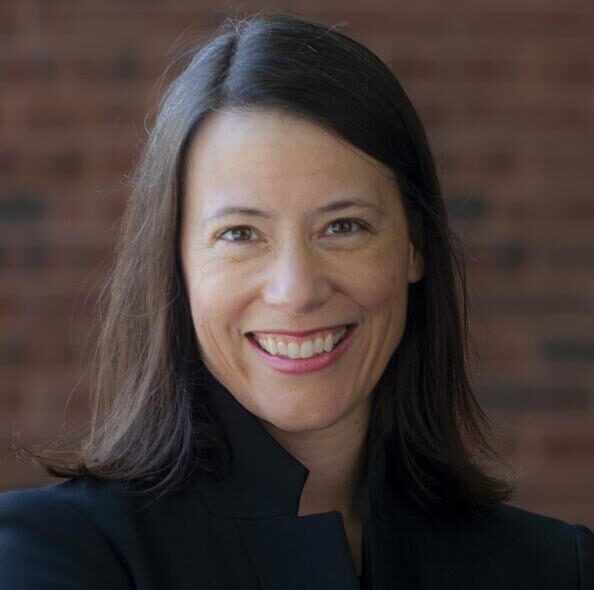A: Look for the ABCs of ethical journalism: Accountability; Balance; and Credibility
Background:
At its best, news reporting serves as an honest umpire, dispassionately calling the balls and strikes of current events.*
But let’s get real: It can be hard to spot an honest ump right now. Anyone with a keyboard can become a self-styled reporter, and some days it seems like everyone’s taken up the cause…….here on Facebook, on a blog, in an email newsletter, with a Twitter thread (the list goes on and on). While some content produced by citizen journalists can be terrific (may I humbly present Dear Pandemic for your consideration?! 😀)………some of it is truly toxic.
Knowing the ABCs of ethical journalism can help us all triage the terrific from the toxic.
➡️ A is for Accountability.
Ethical reporting demands transparent accountability for all content. And it demands a willingness to engage in open, civil dialogue with readers. Beware anonymously authored content. And give credit to authors who transparently clarify and/or correct a mistake. Conflicts-of-interest – real or perceived – are a BIG no-no. Follow the money to sleuth ‘em out.
➡️ B is for Balance.
One-sided reporting isn’t news, it’s marketing. Does a report lack nuance? Does it fail to account for reasonable alternative viewpoints? Does it make strategic errors of omission and/or commission? Does it lack appropriate context? Buh-bye.
➡️ C is for Credibility.
OK, here is where we scientists really dig in – and where our kindred spirit journalist peers do, too. Because here’s the thing – rigorous journalism is a *method* not a specific answer [see this post’s image for the relevant standards]. Look for articles that source and document multiple vetted references. Look for writers who take seriously their obligation to serve and educate the public. Know that a good journalist – again, like a good scientist – should prioritize transparency above all. Illustratively, the Society of Professional Journalists’ code of ethics demands reporters “recognize a special obligation to serve as watchdogs over public affairs and government. Seek to ensure that the public’s business is conducted in the open, and that public records are open to all.”
A final note: We Nerdies celebrate the librarians and other information literacy educators who are investing in the long-game by training up the next generation of digital citizens. We honor you and your vitally important work!!!!
*Balls and strikes metaphor is from Dr. Michael Osterholm, that achingly honest beacon of pandemic umpiring
REFERENCES
Society of Professional Journalists’ Code of Ethics
The News Literacy Project’s website is chock-a-block full of information literacy tips, infographics (including the image below), and lesson plans. A particularly great resource for educators.


